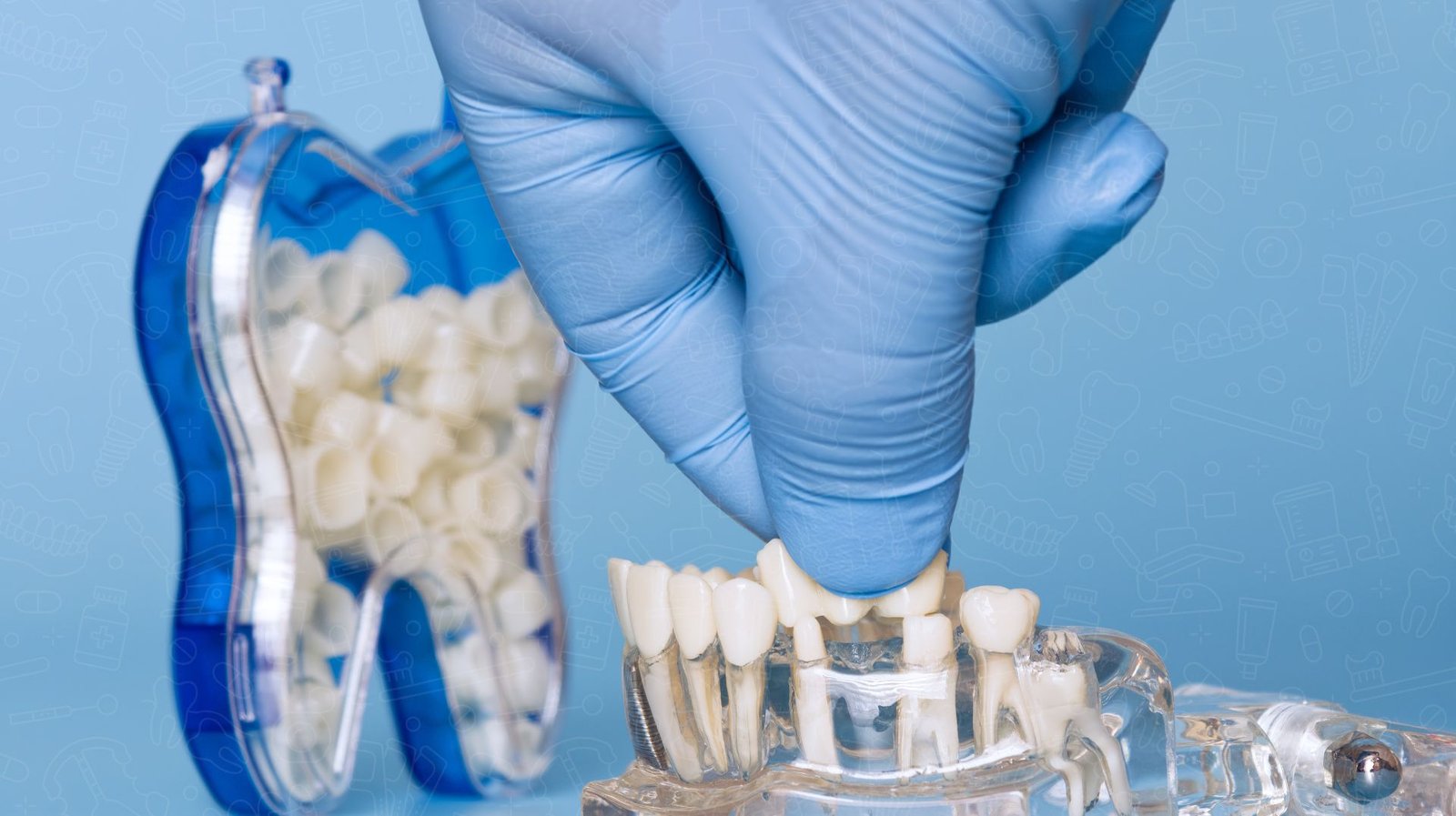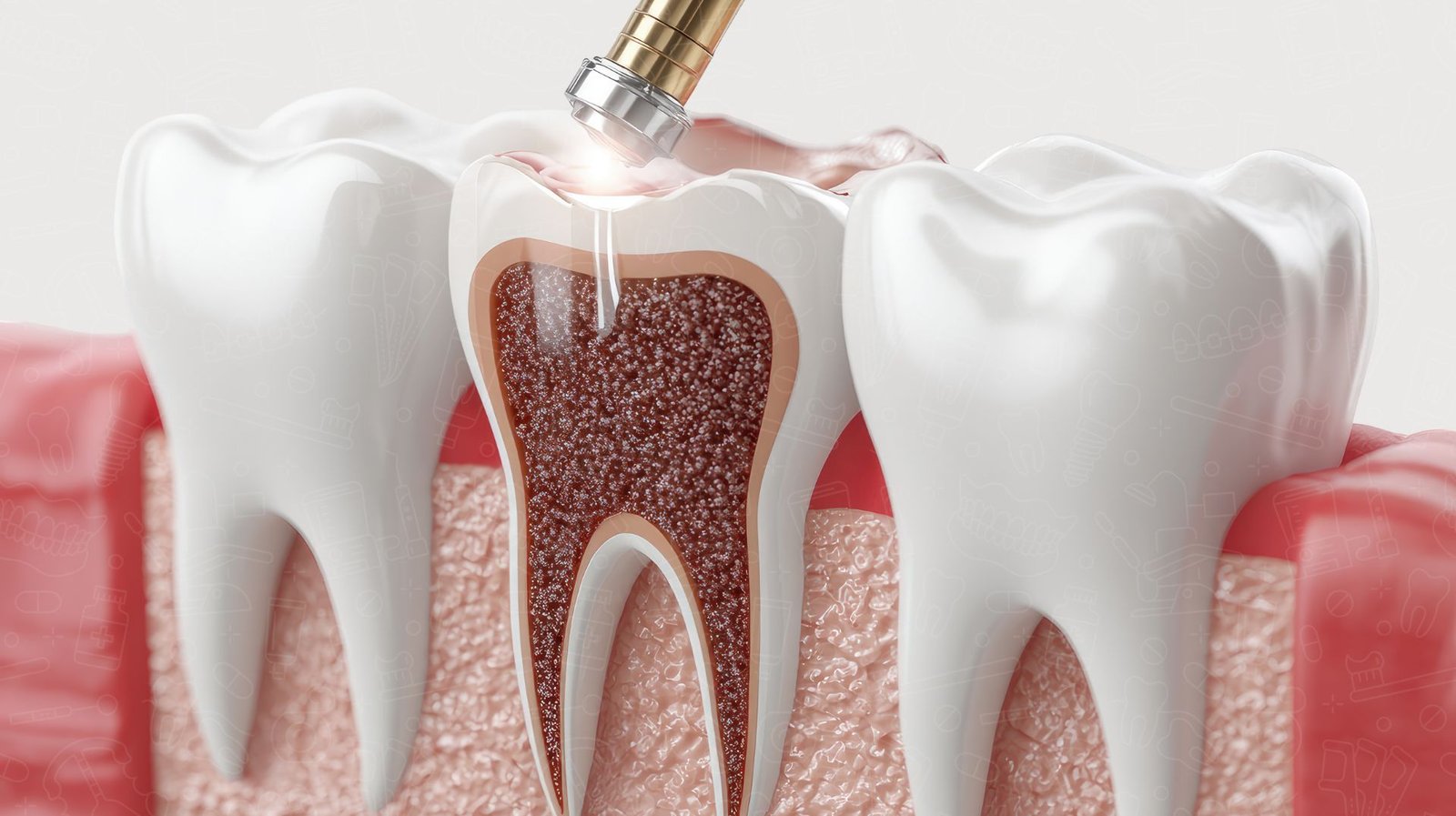Introduction
Understanding the vital connection between tongue health and overall dental hygiene is essential for maintaining optimal oral health. The tongue not only plays a crucial role in the oral ecosystem, but its condition can often serve as a reflection of one's general well-being. A healthy tongue, typically pink and free from discoloration, is indicative of effective oral care, while abnormalities such as coatings or sores may point to underlying health issues or poor dental hygiene practices. Recognizing these signs is critical, as they can lead to more significant concerns if not addressed promptly.
Moreover, maintaining a clean tongue is instrumental in preventing bad breath, which is frequently tied to an unclean oral environment. Effective tongue cleaning techniques, combined with regular dental checkups, empower individuals to take proactive measures in their oral hygiene routines. Incorporating the care of the tongue into daily dental practices not only enhances breath freshness but also supports the health of teeth and gums. Understanding the interplay between tongue conditions and oral health allows individuals to foster better dental care strategies, ultimately leading to greater health outcomes. As readers explore this article, they will discover how to identify common tongue issues, implement effective cleaning techniques, and understand the significance of nutrition and lifestyle choices—all aimed at promoting superior tongue and dental health.
Understanding the Link Between Tongue Health and Dental Care
The condition of an individual's tongue can serve as a significant indicator of overall oral hygiene and dental health. A healthy tongue typically appears pink and is free from any unusual coatings or sores, reflecting proper oral care practices. Conversely, a discolored or coated tongue may signal underlying issues, such as poor oral hygiene or systemic health problems. The tongue's surface hosts numerous bacteria and food particles, making it essential in maintaining oral health. Regularly inspecting the tongue can help identify potential concerns before they escalate, fostering effective dental care strategies.
Additionally, a clean tongue contributes to preventing bad breath, which is often linked to an unclean oral environment. By understanding the correlation between tongue condition and dental health, individuals can take proactive measures to enhance their oral hygiene routines. Incorporating tongue cleaning as a fundamental practice, alongside regular tooth brushing and flossing, can significantly improve overall oral hygiene. Furthermore, educating oneself about the signs of tongue-related issues can empower individuals to seek timely dental advice, ultimately promoting better health outcomes. Maintaining a healthy tongue not only supports dental hygiene but also contributes to overall well-being, highlighting the importance of integrating tongue care into daily oral health practices.
Common Tongue Issues That Affect Oral Health
The health of the tongue is an important aspect of overall oral health, and various common tongue issues can indicate underlying dental problems. One prevalent issue is tongue coating, which can result from bacterial buildup, poor oral hygiene, or dietary choices. This coating may lead to bad breath and can harbor harmful bacteria that negatively affect teeth and gums.
Discoloration of the tongue is another sign that may require attention. A black or hairy tongue can arise from an overgrowth of bacteria or yeast, often exacerbated by smoking, poor hydration, or certain medications. Additionally, sore or inflamed areas on the tongue could signify infections or underlying health conditions, including vitamin deficiencies or oral thrush.
These tongue conditions not only affect aesthetic appearance but also serve as indicators of broader dental concerns, such as periodontal disease or decaying teeth. Recognizing these common tongue issues early can prompt individuals to seek appropriate dental care, thereby preventing the escalation of potential complications. Maintaining a healthy tongue is essential for ensuring overall oral hygiene and well-being, making awareness of these issues a critical component of effective dental care. Regular attention to tongue health can lead to improved breath, enhanced taste perception, and a lower risk of cavities and other dental problems.
Proper Tongue Cleaning Techniques for Better Dental Care
To maintain optimal oral hygiene, effective tongue cleaning techniques are essential. The tongue can harbor bacteria, food particles, and dead cells, which may contribute to dental issues if not addressed. Here are step-by-step methods for proper tongue care:
1. **Choose the Right Tool**: Select a tongue scraper or a soft-bristled toothbrush. A tongue scraper is specifically designed to remove buildup, but a toothbrush can also be effective.
2. **Moisten the Tongue**: Before cleaning, it can be beneficial to rinse the mouth with water to loosen debris and hydrate the tongue.
3. **Clean from Back to Front**: Gently place the scraper or toothbrush at the back of the tongue and move it forward in a smooth motion. This technique helps dislodge and clear away the coating on the tongue.
4. **Rinse Thoroughly**: After each stroke, rinse the scraper or brush to remove accumulated debris. This ensures that you are not re-depositing bacteria onto the tongue.
5. **Repeat Daily**: Consistency is key. Incorporate tongue cleaning into the daily oral hygiene routine, ideally alongside brushing and flossing.
By integrating these tongue cleaning practices into everyday dental care, individuals can reduce plaque buildup, boost their breath freshness, and support overall oral health. Regular tongue hygiene significantly contributes to improved dental outcomes and enhanced well-being.
How Poor Tongue Health Can Lead to Dental Problems
Neglecting tongue health can significantly impact overall dental hygiene and contribute to various oral health issues. The tongue plays a vital role in the oral environment, and when it is not adequately maintained, it can harbor bacteria and food particles. This buildup may lead to plaque formation, which is often a precursor to cavities and gum disease.
Moreover, a coated or discolored tongue can indicate underlying health problems that might manifest in the mouth. For instance, a white coating may suggest a fungal infection, which, if left untreated, can exacerbate dental issues. Additionally, poor tongue health is a common cause of persistent bad breath, which can result from the proliferation of bacteria that thrive in the crevices of the tongue surface.
The relationship between tongue hygiene and dental problems emphasizes the importance of a comprehensive oral care routine. Regularly cleaning the tongue can significantly reduce harmful bacteria and plaque buildup, ultimately supporting healthier teeth and gums. Therefore, incorporating effective tongue cleaning techniques into daily oral hygiene practices is crucial for preventing dental issues and maintaining overall oral health. By recognizing the interconnectedness of tongue care and dental well-being, individuals can take proactive steps towards achieving a healthier mouth.
Importance of Regular Dental Checkups for Tongue Health
Regular dental checkups are essential for maintaining optimal tongue health and overall oral hygiene. Dental professionals are trained to identify various tongue-related issues that may not be evident to patients, such as leukoplakia, glossitis, or oral thrush. During routine examinations, dentists can assess the tongue's condition and correlate it with potential dental problems, ensuring timely intervention.
These checkups not only focus on teeth and gums but also involve an assessment of the entire oral cavity, including the tongue. Conditions such as geographic tongue or a fissured tongue might indicate underlying health concerns or nutritional deficiencies that require attention. Early detection of any abnormalities can prevent progression to more serious conditions, such as infections or systemic health issues.
Moreover, dentists can provide valuable guidance on proper tongue hygiene practices that aid in preventing complications like bad breath or oral infections. Regular cleanings and professional evaluations are crucial for maintaining a healthy balance of bacteria in the mouth, which positively impacts overall dental care.
In summary, incorporating routine dental visits into one’s health regimen is vital for not only preserving tongue health but also safeguarding against potential dental problems. This proactive approach to oral health enables individuals to achieve a cleaner, healthier mouth, which can lead to improved general well-being.
Diet and Lifestyle Tips to Support Tongue and Dental Health
Maintaining a healthy tongue is essential for overall oral hygiene and dental well-being. A well-balanced diet plays a significant role in promoting tongue health and preventing related dental issues. Incorporating foods rich in vitamins and minerals, such as fresh fruits and vegetables, can help prevent coatings and discoloration on the tongue. Foods high in fiber not only support digestion but also promote natural cleaning of the tongue's surface.
Hydration is equally important. Drinking plenty of water throughout the day helps maintain saliva production, which is vital for neutralizing acids and washing away food particles and bacteria from the mouth. Additionally, avoiding excessive consumption of sugary or acidic foods can significantly reduce the risk of developing cavities and gum disease, which are often linked to poor tongue health.
Lifestyle habits also contribute to a healthier tongue and mouth. Quitting smoking and reducing alcohol consumption can greatly benefit oral hygiene. Regularly practicing good oral care routines, including brushing the tongue gently while brushing teeth, is critical in reducing bad breath and promoting a healthier oral environment.
Ultimately, combining a nutritious diet with proper hydration and healthy habits can significantly enhance tongue and dental health, leading to better overall well-being. Regular consultation with dental professionals can further guide individuals in making informed dietary choices that positively impact their oral health.
Conclusion
In summary, recognizing the significant relationship between tongue health and overall dental hygiene is essential for maintaining optimal oral care. A healthy tongue not only contributes to fresh breath but also serves as an indicator of broader health issues that could arise from neglect. As explored in this article, common tongue problems can lead to detrimental effects on oral health if not properly addressed. By adopting effective tongue cleaning techniques, individuals empower themselves to tackle harmful bacteria and plaque buildup, laying the foundation for improved dental hygiene.
Furthermore, incorporating a well-balanced diet and engaging in regular dental checkups are crucial practices that augment tongue health, ultimately supporting a comprehensive oral care routine. The interplay of diet, hydration, and lifestyle choices is vital for fostering a healthy environment for the tongue, teeth, and gums. Consequently, making tongue care a priority alongside other dental habits ensures that individuals can cultivate better oral health outcomes.
Ultimately, prioritizing tongue health leads to a cleaner mouth, fresher breath, and a lower risk of dental complications. This approach not only enhances one’s overall health but also fosters greater confidence in one’s smile. By implementing the strategies discussed, individuals can take proactive steps toward achieving a healthier and more vibrant oral ecosystem. Embracing these practices is a vital component of enhancing overall wellness and maintaining a lifelong commitment to superior dental care.





